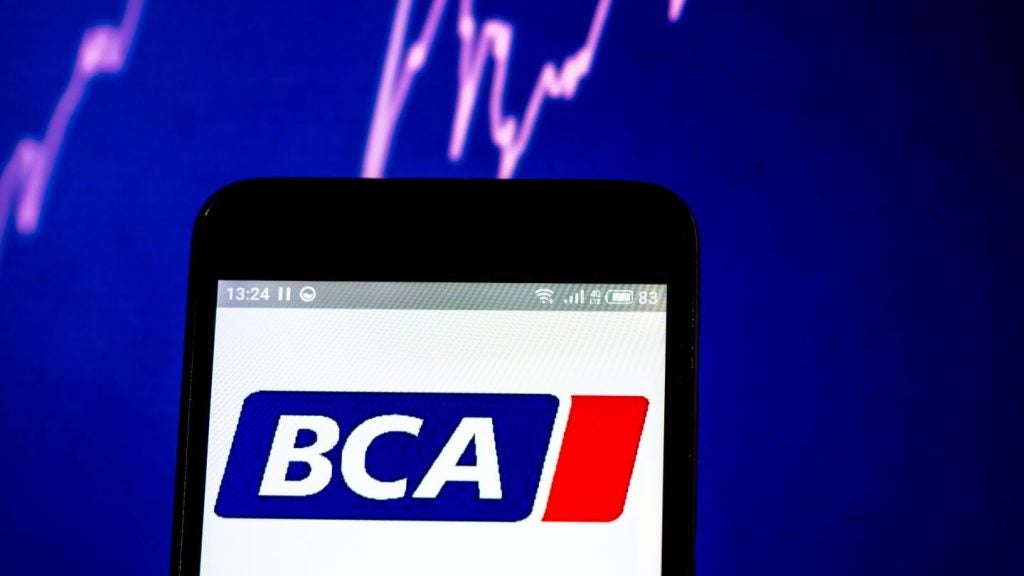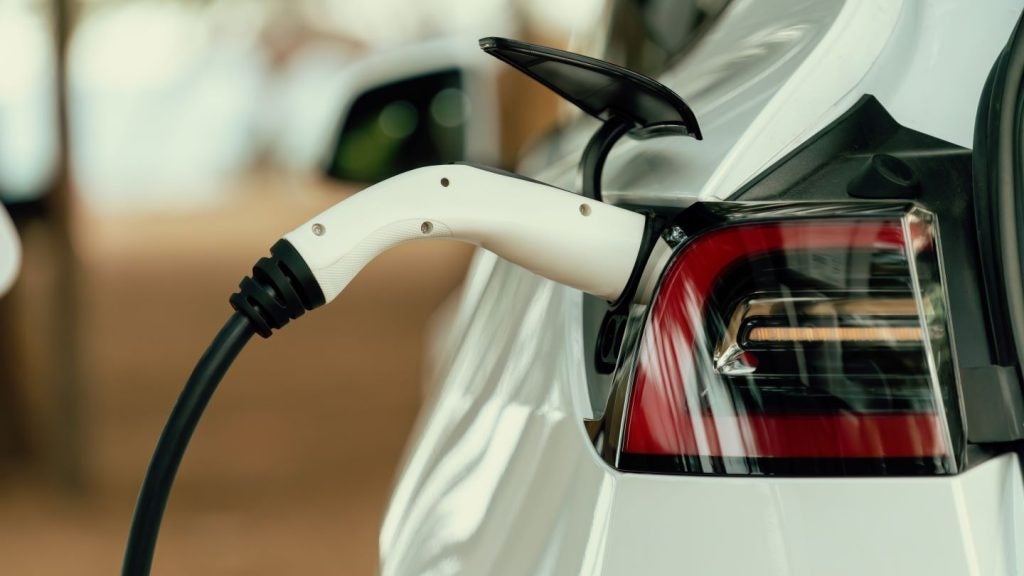
Manufacturers in the automotive industry and beyond are saying bluntly that a Brexit that results in border tariffs would make the UK a far-from-appealing country of operation. Lorenzo Migliorato assesses the situation.
First was Airbus. Then came everyone else in the heavy goods industry. With little over a half-year left until the UK’s self-imposed ‘Brexit day’, a legal framework on the trading of goods with the EU is no nearer in sight than in June 2016, and manufacturers are starting to fret.
French aircraft giant Airbus, which has 25 production sites in the UK, was the first to put a blunt ultimatum to Theresa May’s government, saying that an abrupt departure from the customs union would force Airbus to reconsider “its long-term footprint in the country”.
Chief executive Tom Enders later doubled down, saying that any form of Brexit would be damaging to the company. Carmakers’ warnings over their post-Brexit future had so far been firm, but somewhat subdued, limited to responses on government consultations, as in the case of Ford Credit’s statement to a parliamentary committee in February.
Japanese brands, however, were the exception, relaying a message over possible moves abroad through ambassador Koji Tsuruoka. Once Airbus had raised the urgency of the issue, however, the automotive industry followed suit. BMW UK boss Ian Robertson said the company needed clarity by the end of summer, and was already making contingency plans to set up a manufacturing base in the Netherlands.
Its parent BMW group has also been giving crash-courses in customs handling to its suppliers. Jaguar Land Rover (JLR), owned by Indian steelmaker Tata but British at heart, later said the company’s very presence in the UK was threatened by what it estimated could be a £1.5bn tariff bill each year.
How well do you really know your competitors?
Access the most comprehensive Company Profiles on the market, powered by GlobalData. Save hours of research. Gain competitive edge.

Thank you!
Your download email will arrive shortly
Not ready to buy yet? Download a free sample
We are confident about the unique quality of our Company Profiles. However, we want you to make the most beneficial decision for your business, so we offer a free sample that you can download by submitting the below form
By GlobalDataThis was after the company, which had already attracted attention for its decision to move production of the Discovery model to Slovakia, pledged some £80bn in manufacturing investment in the UK – also contingent on maintaining a smooth flow of goods across the channel.
A THOUSAND CUTS
The Society of Motor Manufacturers and Traders (SMMT) decided to consolidate the increasingly loud chorus into the industry’s official position. In an interview with the BBC, chief executive Mike Hawes said leaving the customs’ union would lead the UK automotive sector to a “death by a thousand cuts”, as carmakers walk back on planned investments or decide to shift them to countries with a more competitive edge.
Hopes are now high for Theresa May’s government to manage tensions within the cabinet and rally support for a “softer” Brexit. When the first details started to emerge, the automotive sector was one of the first to rejoice – if cautiously – with Aston Martin saying it was “greatly encouraged” by the signals.
Regardless of future arrangements, the Brexit saga has already had an impact on retail. Research released in April by accountancy UHY Hacker Young showed that the pound’s fall in purchasing power was pushing up contract hire costs by £30 a month on average, or 9%, on a year-on-year basis.
The monthly cost of hiring a Mini Hatchback, which is assembled in BMW’s Oxford plant but relies heavily on imported parts, jumped 31% – from £221 in February
2017 to £290 in February 2018. Higher retail prices, in general, are not immediate bad news for motor finance lenders.
After all, it is precisely when the price point becomes too high to pay up front that car finance comes into the picture. But with some 88% of new cars in the UK already being financed, the market is showing signs of saturation.
A bigger question might be whether increased retail price points will make the affordability process tougher for would-be borrowers. At the very least, pricier assets would force would-be car buyers into higher monthly repayments or longer HP contracts.
That could spell bad news for captives. Other lenders, however, may be able to take refuge in the used car segment, which might see an inflow of buyers for whom brand-new is not an option anymore. A Close Brothers survey in May found that around a third of dealers interviewed saw customers shifting to the used and near-new segment.
“Many analysts have suggested over the last couple of years that the UK’s six-year ‘golden period’ of new car sales would soon hit an inflection point, and that there would be a gradual consumer shift from new to old vehicles,”
Close Brothers said. If captives’ post-Brexit fates are heavily tied to those of their parents’ manufacturing strategies, bank and independent lenders may find more room for manoeuvre in the event that higher supply chain prices get pushed down the line. In general, though, economic actors do not like insecurity – and a Brexit arrangement that retains the customs union is still far from a certainty.







